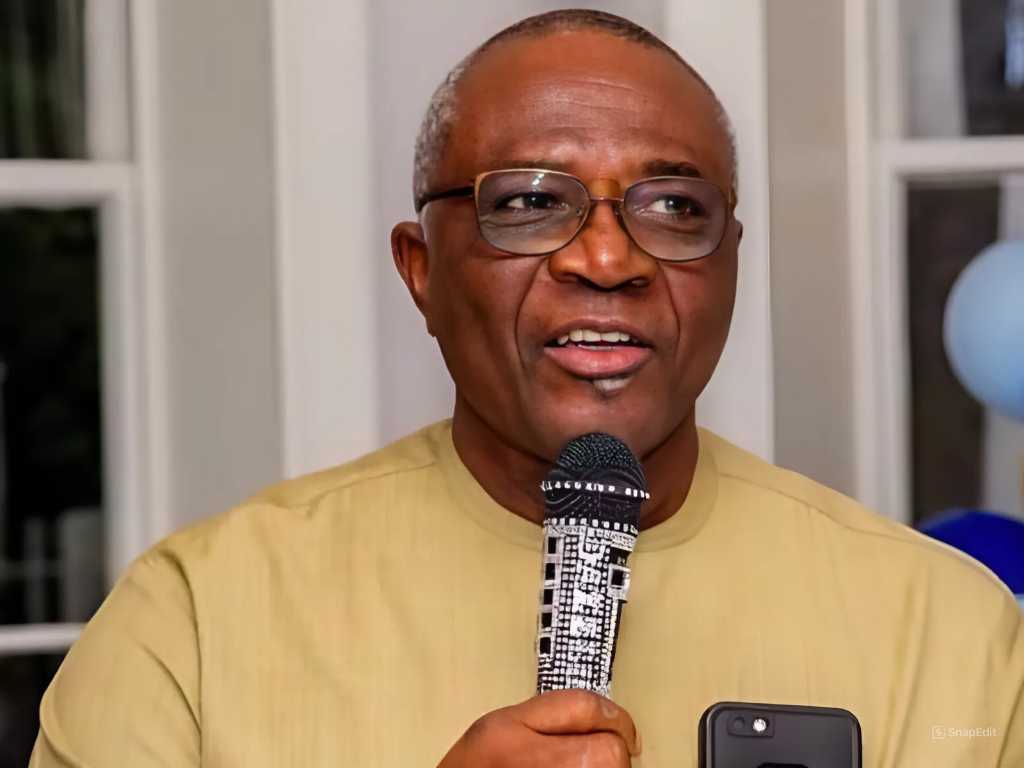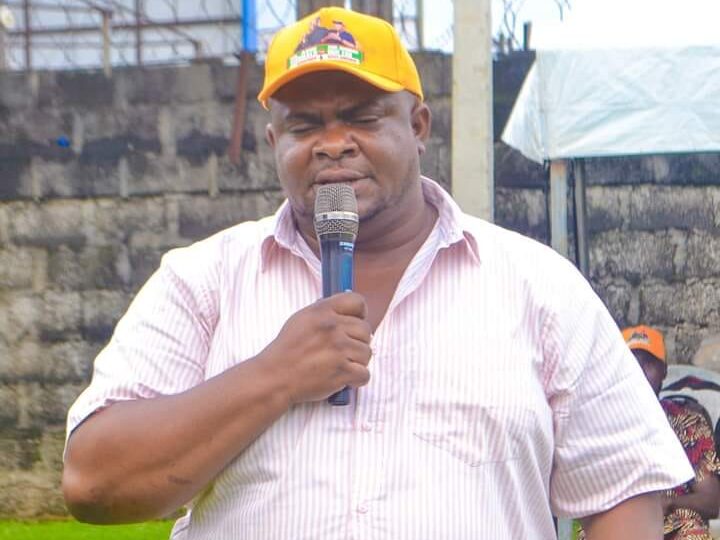Benue Killings: Tinubu, Assembly, Security Chiefs Respond
President Meets Stakeholders as Assembly, Parties Demand Action Over Massacre

Benue State is once again in the national spotlight after a brutal attack in Yelewata, Guma Local Government Area, left over 200 people dead, including women and children. The massacre, carried out by unidentified gunmen using sophisticated weapons and arson, has triggered outrage, fear, and a wave of political and security responses. As the dust settles, President Bola Tinubu is set to meet with stakeholders in Benue, while the State House of Assembly, opposition parties, and security chiefs debate the path forward.
The Yelewata Massacre: A State in Mourning
On Friday night, Yelewata became the scene of unimaginable violence. Armed attackers stormed the community, killing indiscriminately and setting homes ablaze. Survivors recount how entire families were wiped out in minutes, with children and women among the victims. The scale and brutality of the attack have left the state in shock, with mass displacement and deep grief spreading across affected communities.

The United Nations strongly condemned the killings, calling for a comprehensive investigation and swift justice for the victims. UN Secretary-General António Guterres, through his spokesperson, described the incident as “unacceptable,” urging authorities to apprehend those responsible.
Political Fallout: Assembly and Parties Demand Accountability
The Benue State House of Assembly responded with rare candor and self-criticism. In an emotional session, lawmakers admitted collective failure, saying Governor Hyacinth Alia, his deputy, and all 32 lawmakers had not lived up to their duty to protect Benue people.
“The Constitution of Nigeria provides that the essence of government is the protection of lives and property. We are 34 that are elected people in the state, the governor, deputy governor and 32 of us as lawmakers; we have all failed our people,” said Thomas Dugeri, representing Kwande West.
Other lawmakers echoed these sentiments, describing the Yelewata killings as genocide and calling for urgent action. The Assembly resolved to observe three days of mourning and demanded full enforcement of Benue’s anti-open grazing law. They also called for local government autonomy, blaming the lack of funding and control at the grassroots for the state’s persistent insecurity.
Tinubu’s Intervention: Stakeholder Meetings and Security Mobilization
President Bola Tinubu, moved by the scale of the tragedy and mounting criticism, scheduled a meeting with Benue stakeholders to hear their concerns firsthand and seek lasting solutions. In preparation, the President dispatched the Secretary to the Government of the Federation, the Inspector-General of Police, heads of intelligence agencies, and key lawmakers to Benue.
“The President’s visit aims to assess firsthand the recurring crisis that has claimed numerous lives and caused significant destruction.” The President’s Special Adviser, Bayo Onanuga, explained,

During his visit, Tinubu is expected to hold a town hall meeting with traditional rulers, political leaders, youth groups, and community representatives. The goal is to foster dialogue, address grievances, and chart a path to peace.
Security Chiefs Take Action
In response to the massacre, Chief of Defence Staff General Christopher Musa and Inspector-General of Police Kayode Egbetokun visited Makurdi and Yelewata, leading a coordinated security operation. General Musa directed military commanders under Operation Whirl Stroke to intensify efforts to protect lives and property, and to work closely with local communities.
He toured affected areas, held interactive sessions with traditional and religious leaders, and called for unity and trust-building between security forces and residents.
“We must all agree that this must stop,”
General Musa declared, urging the community to cooperate with the military and security agencies to root out criminal elements threatening peace and stability.
Political Parties and Civil Society: Calls for State of Emergency
The violence has reignited debate over the state’s security architecture. The opposition Peoples Democratic Party (PDP), the Coalition of United Political Parties (CUPP), and other groups have called for President Tinubu to declare a state of emergency in Benue. They accuse the government of prioritizing politics over people’s lives and demand urgent reforms to protect citizens.
“If terrorist attacks or banditry continue for more than a certain period, it becomes abnormal… On matters of security, the buck stops at the president’s table.” PDP National Youth Leader Timothy Osadolor questioned

The CUPP’s Mark Adebayo echoed these concerns, saying, “It seems the Federal Government is behaving as if Benue State is not part of Nigeria. It boils down to incompetence on the part of the government and compromise on the part of the security agencies.”
However, the PDP in Benue and the All Progressives Congress (APC) caretaker committee both rejected the call for emergency rule, suggesting instead that more security personnel and resources be deployed on the ground.
Government Response: Claims and Criticism
Governor Hyacinth Alia, through the Commissioner for Information, Mathew Abo, defended his administration’s efforts, insisting he has not neglected his duty. Abo pointed to the governor’s support for security agencies, provision of logistics, and coordination with federal authorities as evidence of commitment.
“He has also tried his best to provide logistics to security operatives in the state, so he has not failed, and you don’t expect him to carry guns and go to the bush,” Abo stated.
Meanwhile, the state government rushed to repair key roads ahead of President Tinubu’s visit, and security presence in Makurdi increased sharply. Hotels filled up as top government officials, retired generals, politicians, and community leaders arrived for consultations.
Stakeholder Consultations and Search for Solutions
Ahead of Tinubu’s visit, the Secretary to the Government of the Federation, Senator George Akume, held a consultative meeting with Benue stakeholders, including retired generals, politicians, and youth leaders. The focus was on finding a lasting solution to the farmers-herders clashes and persistent violence.
Sunday Dare, the President’s Special Adviser on Public Communication, shared updates on X, noting the presence of a “renewed commitment to stopping the bloodletting and finding a lasting solution.”
The Role of the United Nations and International Community
The United Nations has joined calls for justice and accountability. UN Secretary-General António Guterres described the killings as unacceptable and urged Nigerian authorities to investigate thoroughly and bring perpetrators to justice. The international community, including European, Russian, and Chinese leaders, has called for restraint and renewed diplomacy to prevent further escalation.
Looking Forward: A State at a Crossroads
Benue State now stands at a crossroads. The Assembly’s self-criticism, President Tinubu’s intervention, and the mobilization of security chiefs mark a turning point in the response to the violence. However, deep challenges remain: restoring security, rebuilding trust, and ensuring that leaders at every level are truly accountable to the people.
As the President meets with stakeholders and the state mourns its dead, the hope is that this tragedy will finally lead to lasting change. The people of Benue, and indeed all Nigerians, are watching closely to see if words will be matched by action.
Stay woke. Stay tuned. Stay with AKEWE NEWS.




